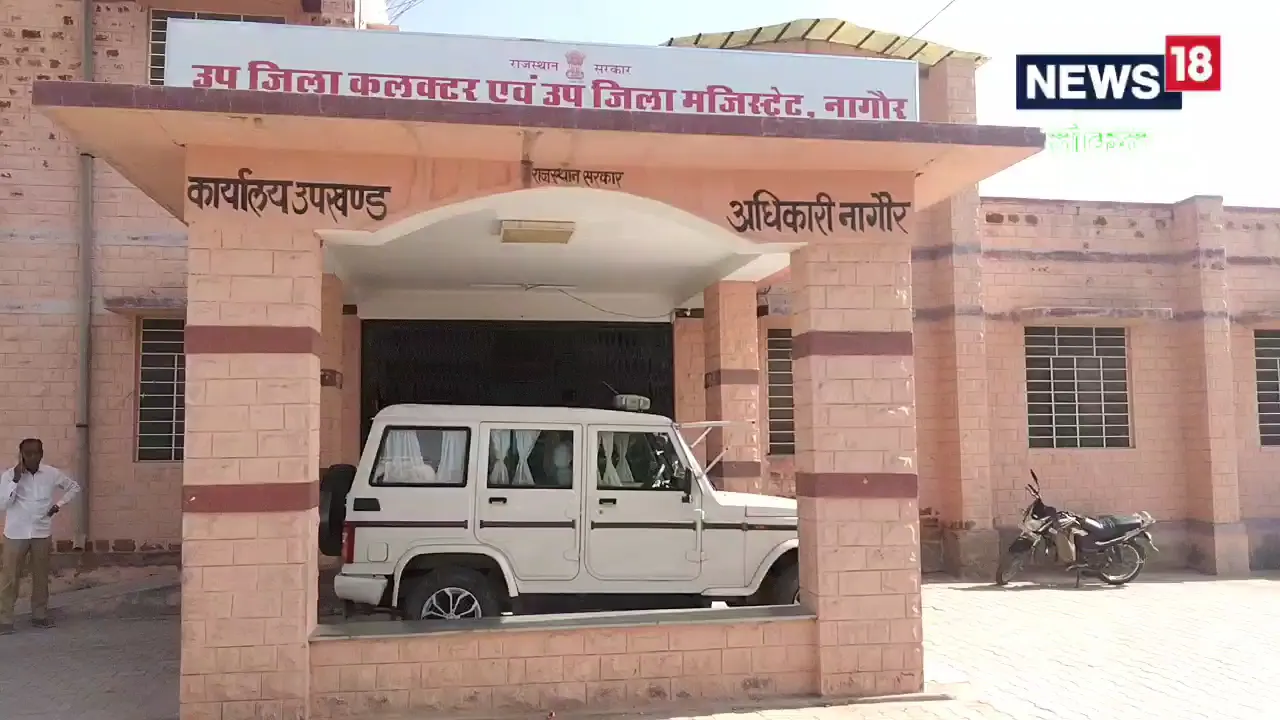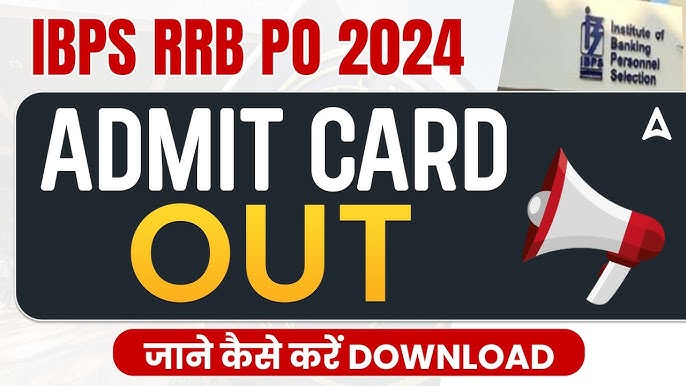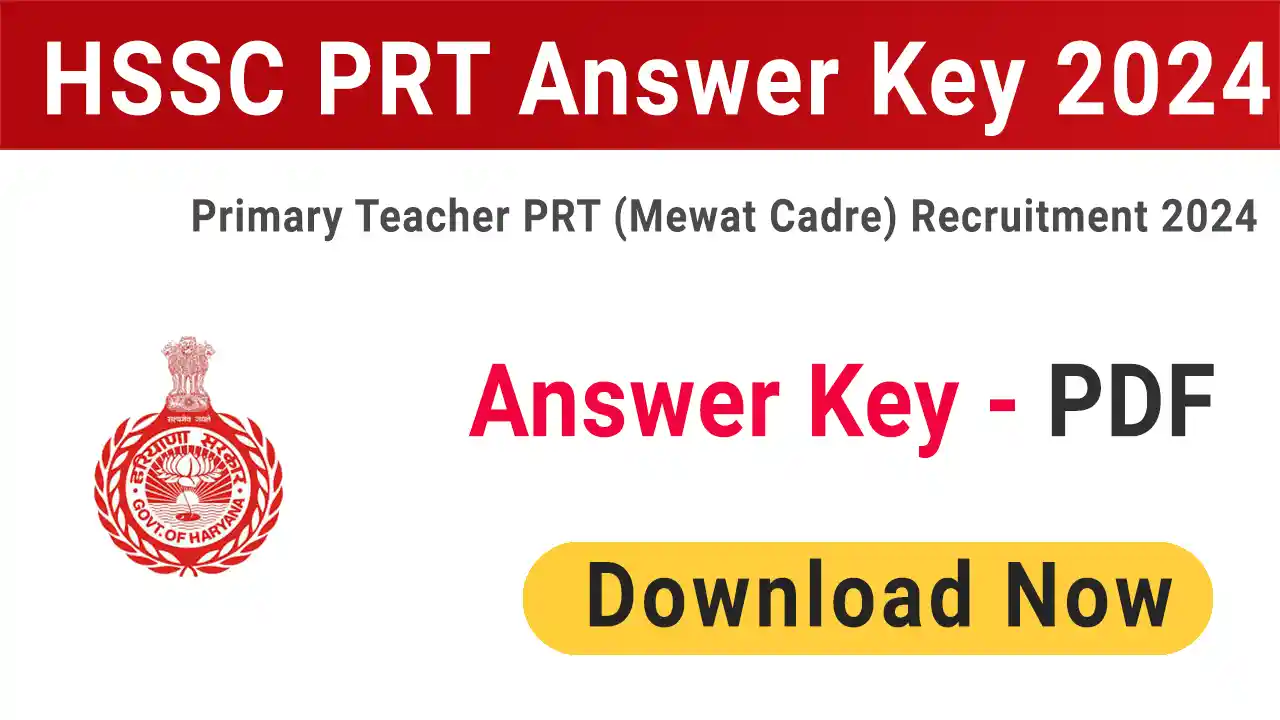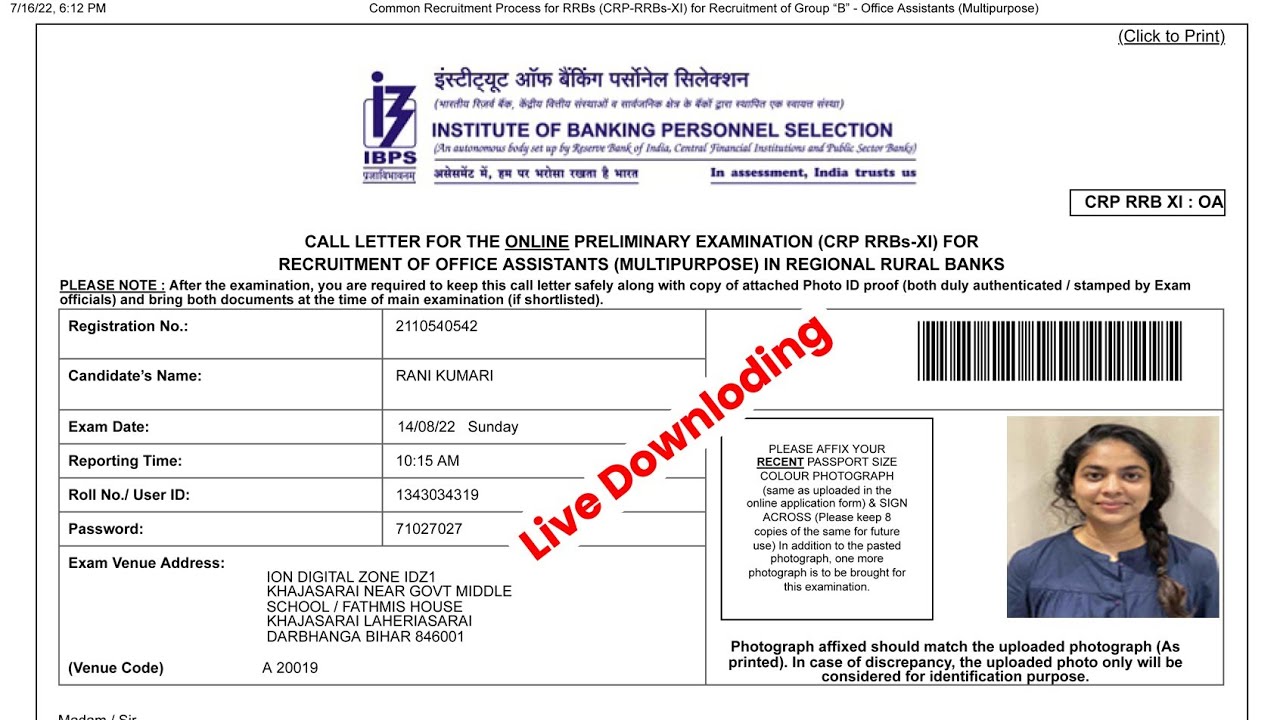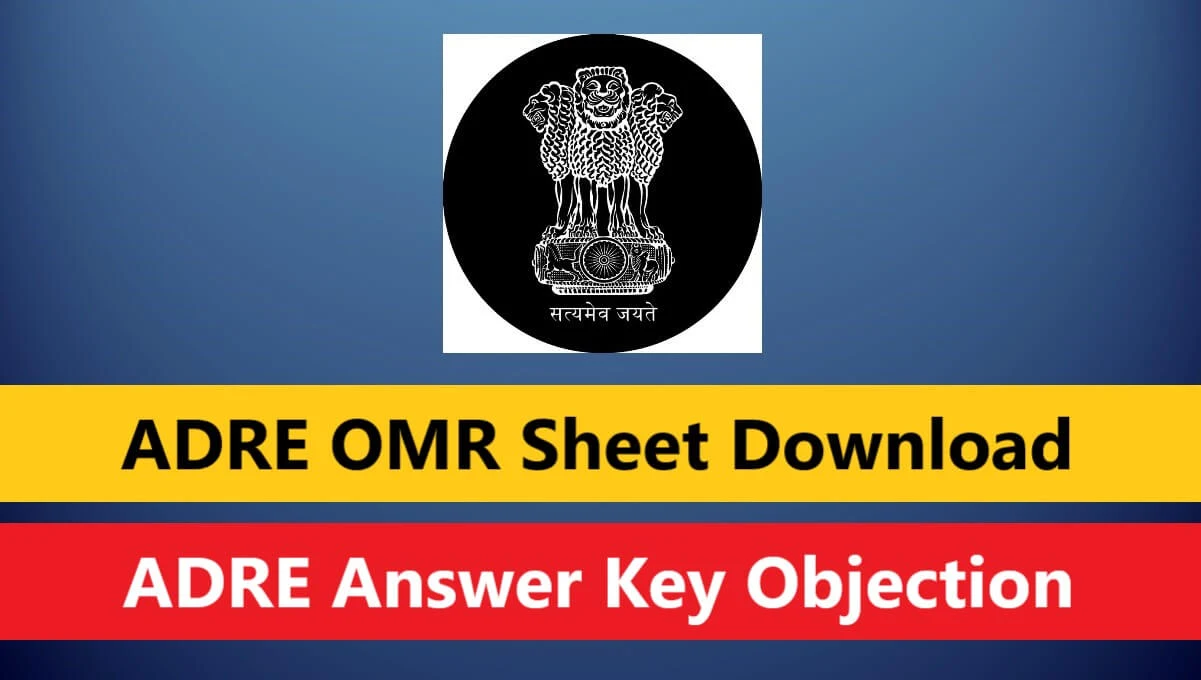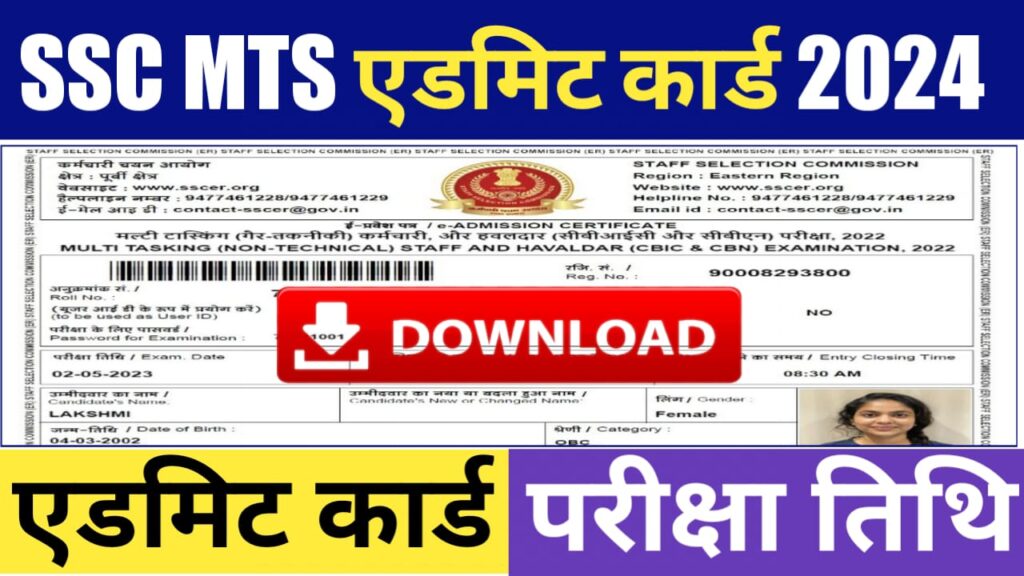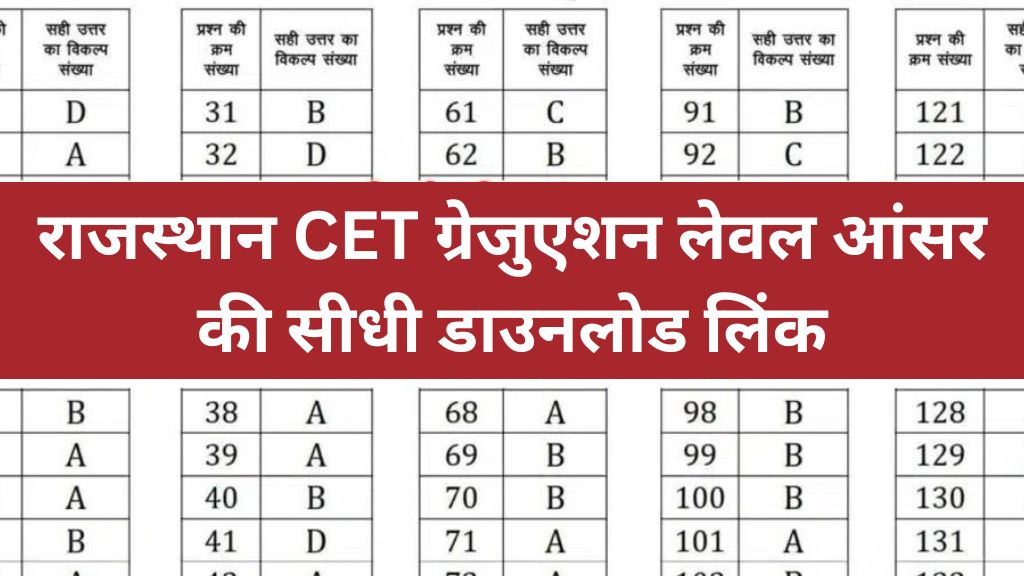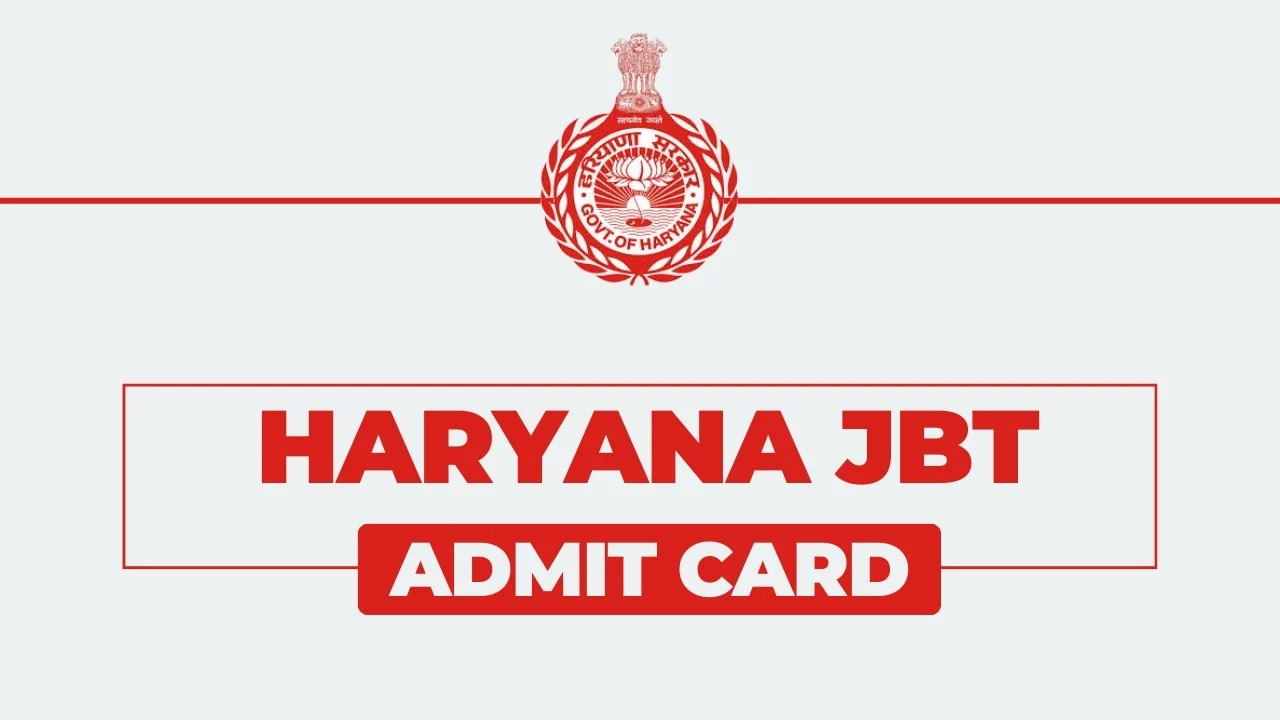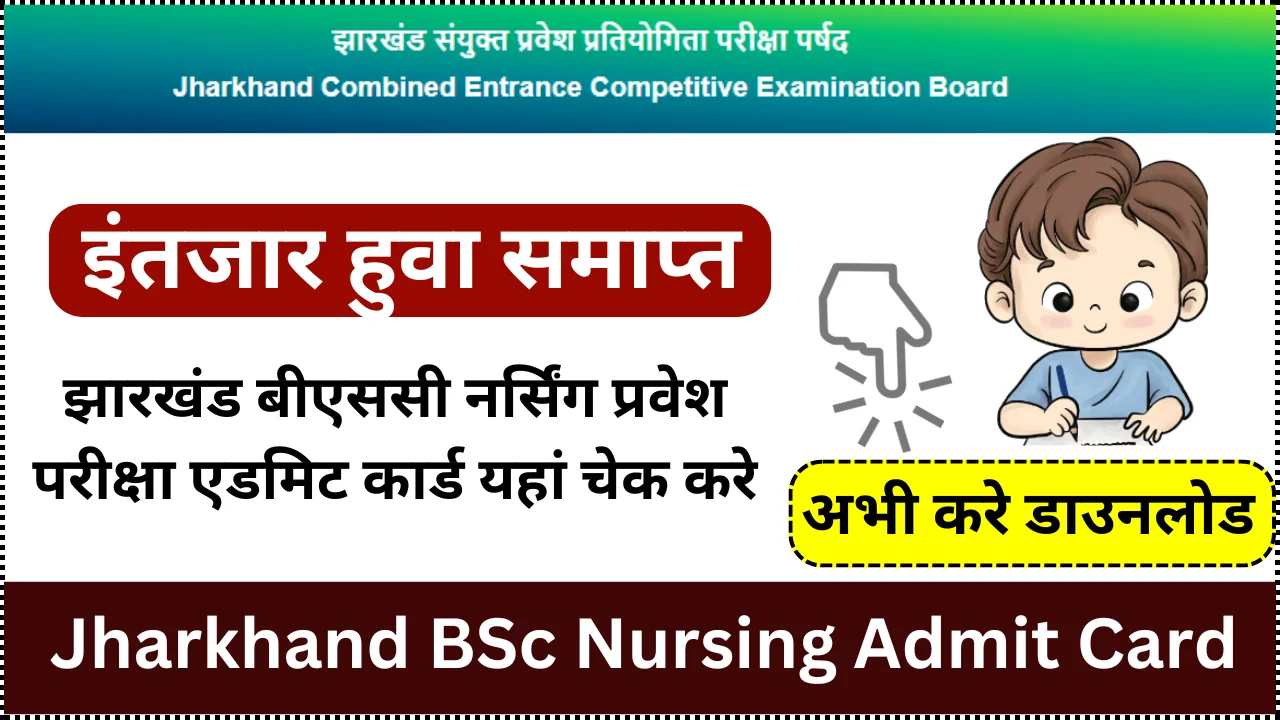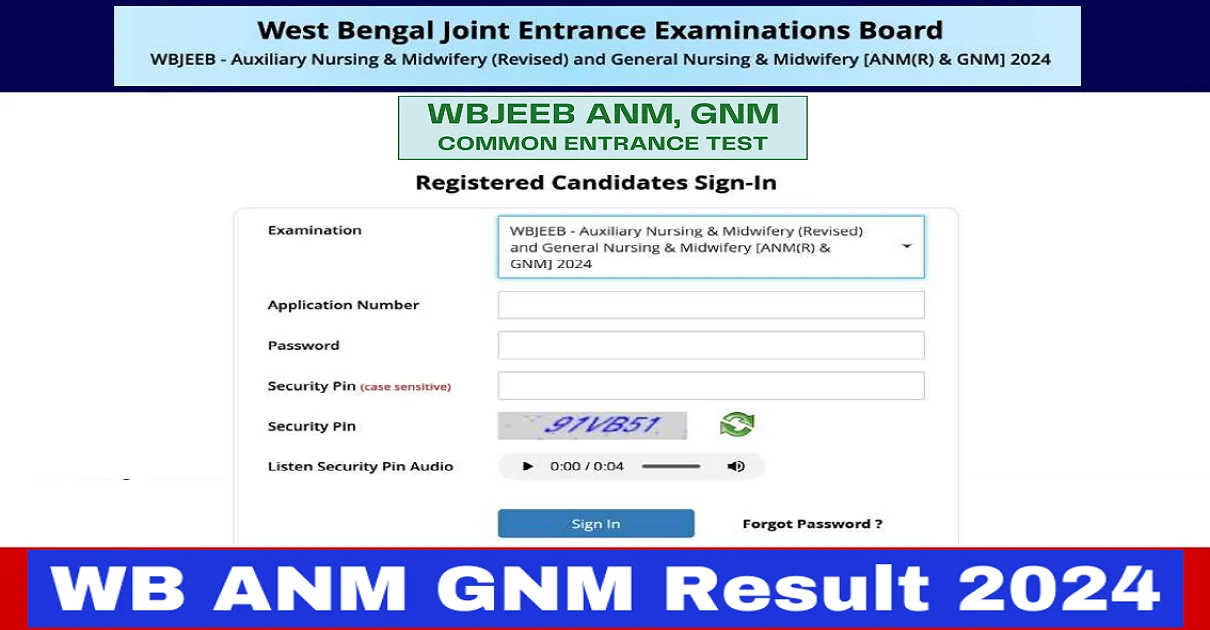The Rajasthan Eligibility Examination for Teachers (REET) 2025 is a crucial examination for those aspiring to become teachers in Rajasthan.
Understanding the syllabus thoroughly is essential for effective preparation.
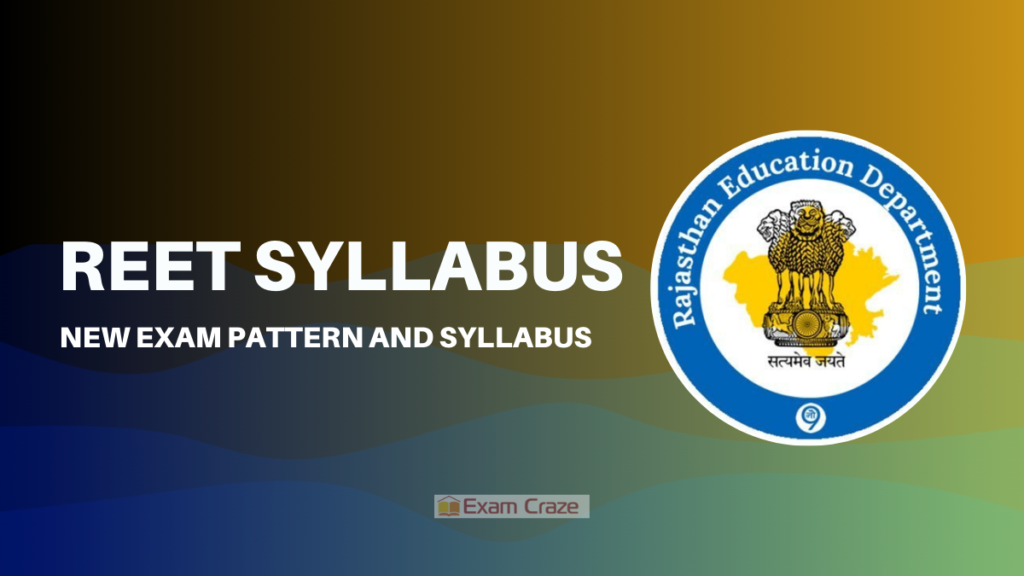
This article provides a detailed breakdown of the REET 2025 syllabus, covering both Level 1 (for teaching Classes 1 to 5) and Level 2 (for teaching Classes 6 to 8), along with the exam pattern.
REET 2025 Exam Overview
REET 2025 is conducted by the Board of Secondary Education, Rajasthan (BSER). The exam is designed to assess the eligibility of candidates for teaching positions in the state’s primary and upper primary schools. The exam is divided into two levels:
- Level 1: For candidates aiming to teach Classes 1 to 5.
- Level 2: For candidates aiming to teach Classes 6 to 8.
Here’s an exam overview table for the REET 2025 exam:
| Feature | Details |
|---|---|
| Exam Name | Rajasthan Eligibility Examination for Teachers (REET) 2025 |
| Conducting Body | Board of Secondary Education, Rajasthan (BSER) |
| Levels | Level 1 (Class 1 to 5 Teachers) Level 2 (Class 6 to 8 Teachers) |
| Exam Mode | Offline (Pen and Paper-Based) |
| Number of Papers | 2 (One for each level) |
| Total Questions | 150 (for each level) |
| Total Marks | 150 (for each level) |
| Question Type | Multiple Choice Questions (MCQs) |
| Duration | 2 hours 30 minutes (for each level) |
| Languages | Hindi, English, Sanskrit |
| Negative Marking | No Negative Marking |
| Eligibility Criteria | Level 1: Senior Secondary (or equivalent) with at least 50% marks Level 2: Graduation with at least 50% marks (or equivalent) |
| Application Mode | Online |
| Official Website | REET Official Website |
This table provides a quick overview of the REET 2025 exam, summarizing key details that are crucial for candidates preparing for the exam.
REET 2025 Exam Pattern
Before diving into the syllabus, it’s important to understand the exam pattern for both levels.
Certainly! Here’s the separate exam pattern for each level of the REET 2025 exam:
REET 2025 Exam Pattern for Level 1 (Class 1 to 5 Teachers)
| Subject | Number of Questions | Marks |
|---|---|---|
| Child Development and Pedagogy | 30 | 30 |
| Language I (Hindi/English/Sanskrit) | 30 | 30 |
| Language II (Hindi/English/Sanskrit) | 30 | 30 |
| Mathematics | 30 | 30 |
| Environmental Studies (EVS) | 30 | 30 |
| Total | 150 Questions | 150 Marks |
| Duration | 2 hours 30 minutes |
REET 2025 Exam Pattern for Level 2 (Class 6 to 8 Teachers)
| Subject | Number of Questions | Marks |
|---|---|---|
| Child Development and Pedagogy | 30 | 30 |
| Language I (Hindi/English/Sanskrit) | 30 | 30 |
| Language II (Hindi/English/Sanskrit) | 30 | 30 |
| Mathematics and Science (for Mathematics and Science teachers) | 60 | 60 |
| Social Studies/Social Science (for Social Studies/Social Science teachers) | 60 | 60 |
| Total | 150 Questions | 150 Marks |
| Duration | 2 hours 30 minutes |
These patterns outline the structure of the exam for candidates appearing for either Level 1 or Level 2, helping them to focus their preparation accordingly.
Now, let’s delve into the syllabus for both levels.
REET 2025 Syllabus: Level 1 (Classes 1 to 5)
1. Child Development and Pedagogy
This section focuses on the educational psychology of teaching and learning relevant to the age group of 6-11 years.
Key Topics:
- Child Development: Concepts of growth and development, influence of heredity and environment.
- Learning and Pedagogy: How children learn, motivation and learning, and the role of teachers.
- Inclusive Education: Understanding children with special needs.
2. Language I (Hindi/English/Sanskrit)
This section tests proficiency in the language chosen by the candidate.
Key Topics:
- Language Comprehension: Reading unseen passages and answering questions.
- Pedagogy of Language Development: Principles of language teaching, learning and acquisition, and role of listening and speaking.
3. Language II (Hindi/English/Sanskrit)
Similar to Language I, but the language selected for this section must be different from Language I.
Key Topics:
- Language Comprehension: Reading unseen passages, grammar, and verbal ability.
- Pedagogy of Language Development: Language skills, challenges in learning, and assessment of language skills.
4. Mathematics
This section evaluates the candidate’s understanding of basic mathematical concepts and their application in teaching.
Key Topics:
- Numbers: Basic operations, LCM, HCF, fractions, decimals.
- Geometry: Shapes, spatial understanding, basic geometric principles.
- Mathematics Pedagogy: Understanding children’s thinking in mathematics, problem-solving, and error analysis.
5. Environmental Studies (EVS)
This section tests the candidate’s knowledge of environmental science and social studies.
Key Topics:
- Content: Family and friends, food, shelter, water, travel, and things we make and do.
- Pedagogy of EVS: Environmental studies concepts, activities, and projects related to the environment.
REET 2025 Syllabus: Level 2 (Classes 6 to 8)
1. Child Development and Pedagogy
This section covers educational psychology, focusing on the age group of 11-14 years.
Key Topics:
- Child Development: Stages of development, the role of environment and heredity.
- Learning and Pedagogy: How children learn, motivation, and implications for teaching.
- Inclusive Education: Addressing learners from diverse backgrounds, including children with special needs.
2. Language I (Hindi/English/Sanskrit)
This section focuses on language proficiency and its pedagogical aspects.
Key Topics:
- Language Comprehension: Reading comprehension, unseen passages, grammar.
- Pedagogy of Language Development: Principles of language teaching, four skills of language, and challenges in language acquisition.
3. Language II (Hindi/English/Sanskrit)
This section is similar to Language I but in a different language.
Key Topics:
- Language Comprehension: Focus on unseen passages, grammar, and language ability.
- Pedagogy of Language Development: Teaching and learning language, learning resources, and evaluation techniques.
4. Mathematics and Science (For Math/Science Teachers)
This section is meant for candidates who wish to teach Mathematics or Science.
Key Topics:
- Mathematics:
- Algebra: Linear equations, polynomials.
- Geometry: Basic geometrical ideas, shapes, theorems.
- Mensuration: Perimeter, area, and volume.
- Science:
- Physics: Force, work, energy, motion.
- Chemistry: Matter, states of matter, acids, bases, and salts.
- Biology: Plant and animal life, human body, health and hygiene.
- Pedagogy of Mathematics/Science: Planning and implementing teaching, problem-solving, and assessment strategies.
5. Social Studies/Social Science (For Social Studies Teachers)
This section is intended for candidates who wish to teach Social Studies.
Key Topics:
- History: Ancient, medieval, and modern history, Indian national movement.
- Geography: Physical geography, resources, environment, and human geography.
- Civics: Indian Constitution, political systems, governance.
- Economics: Basic economic concepts, money and banking, economic reforms.
- Pedagogy of Social Studies: Strategies for teaching social studies, project work, and assessment.
Tips for Syllabus Preparation
1. Break Down the Syllabus
Divide the syllabus into smaller, manageable sections. This approach will help you cover all topics systematically.
2. Prioritize Based on Strengths and Weaknesses
Identify areas where you are strong and where you need more focus. Prioritize your study plan accordingly.
3. Use Quality Study Materials
Use recommended books and online resources that align with the REET 2025 syllabus.
4. Regular Revision
Regular revision is crucial to keep the concepts fresh in your mind. Dedicate time each week for revision.
5. Practice Mock Tests
Practice as many mock tests as possible. They help in understanding the exam pattern and improve time management.
Conclusion
The REET 2025 syllabus is comprehensive and covers a wide range of topics essential for future educators. Understanding the syllabus in detail and preparing accordingly is key to success in this examination. Focus on each subject, practice regularly, and stay confident in your preparation. Good luck!
This article provides a thorough understanding of the REET 2025 syllabus and exam pattern, offering candidates a clear roadmap to prepare effectively.

